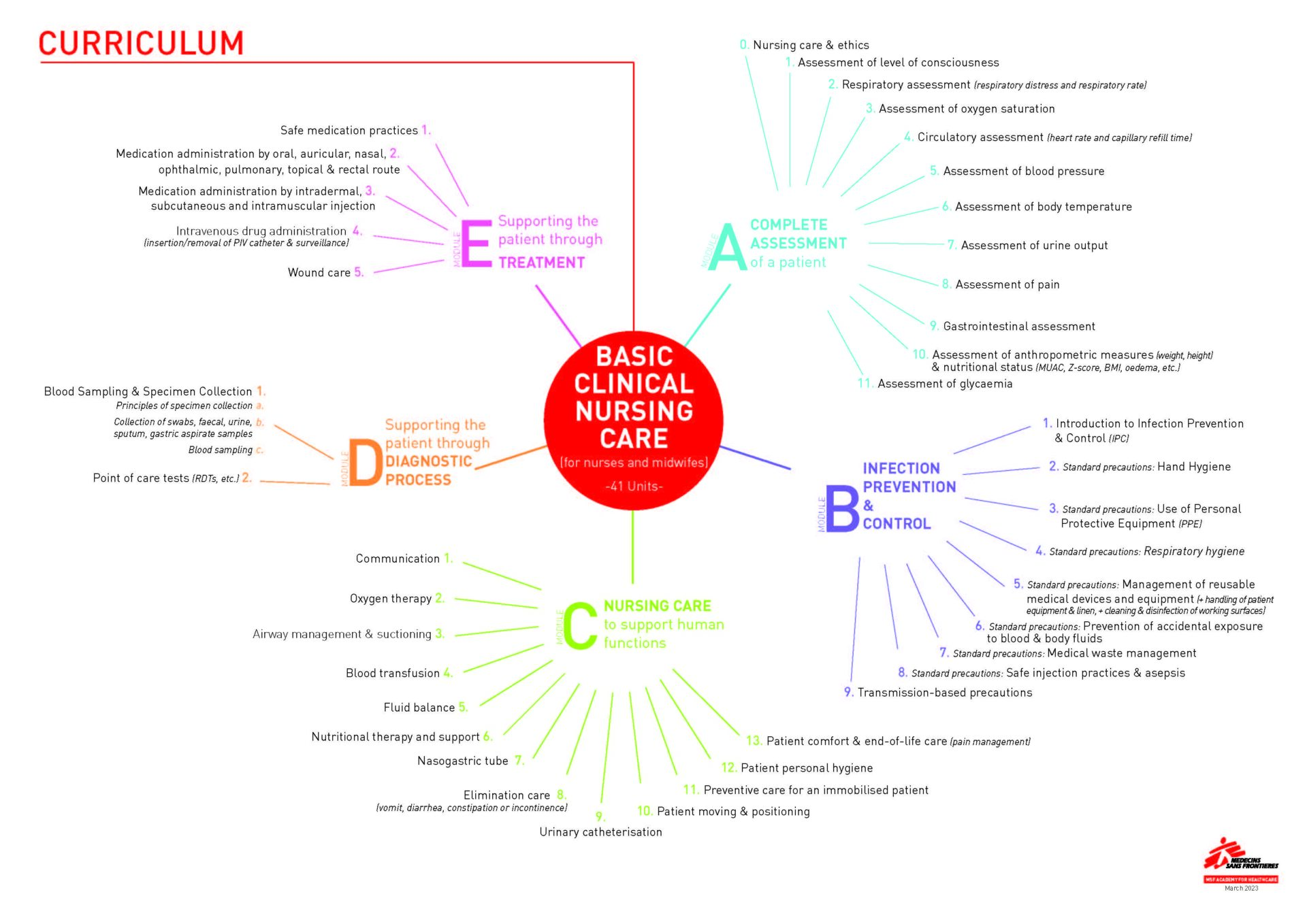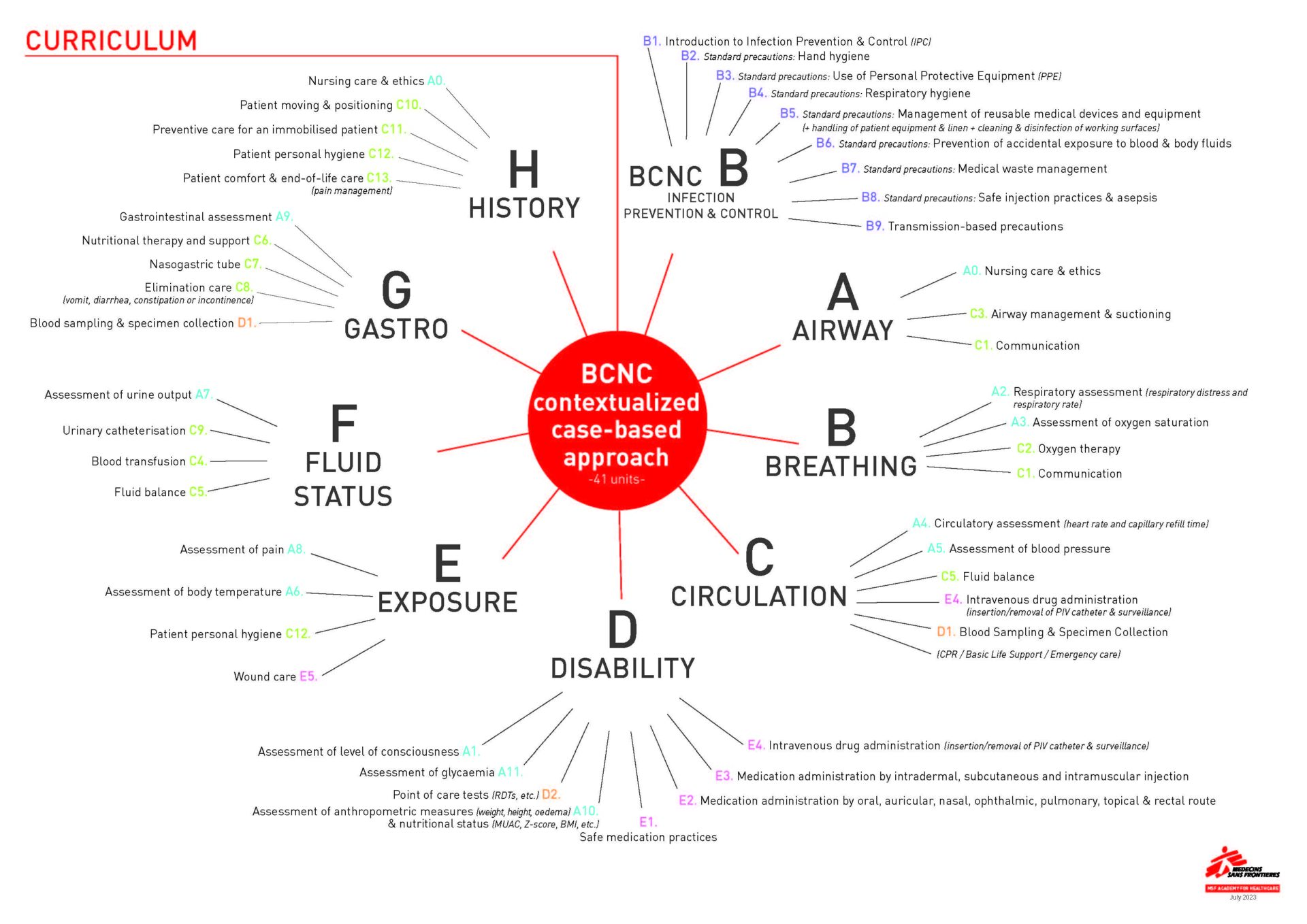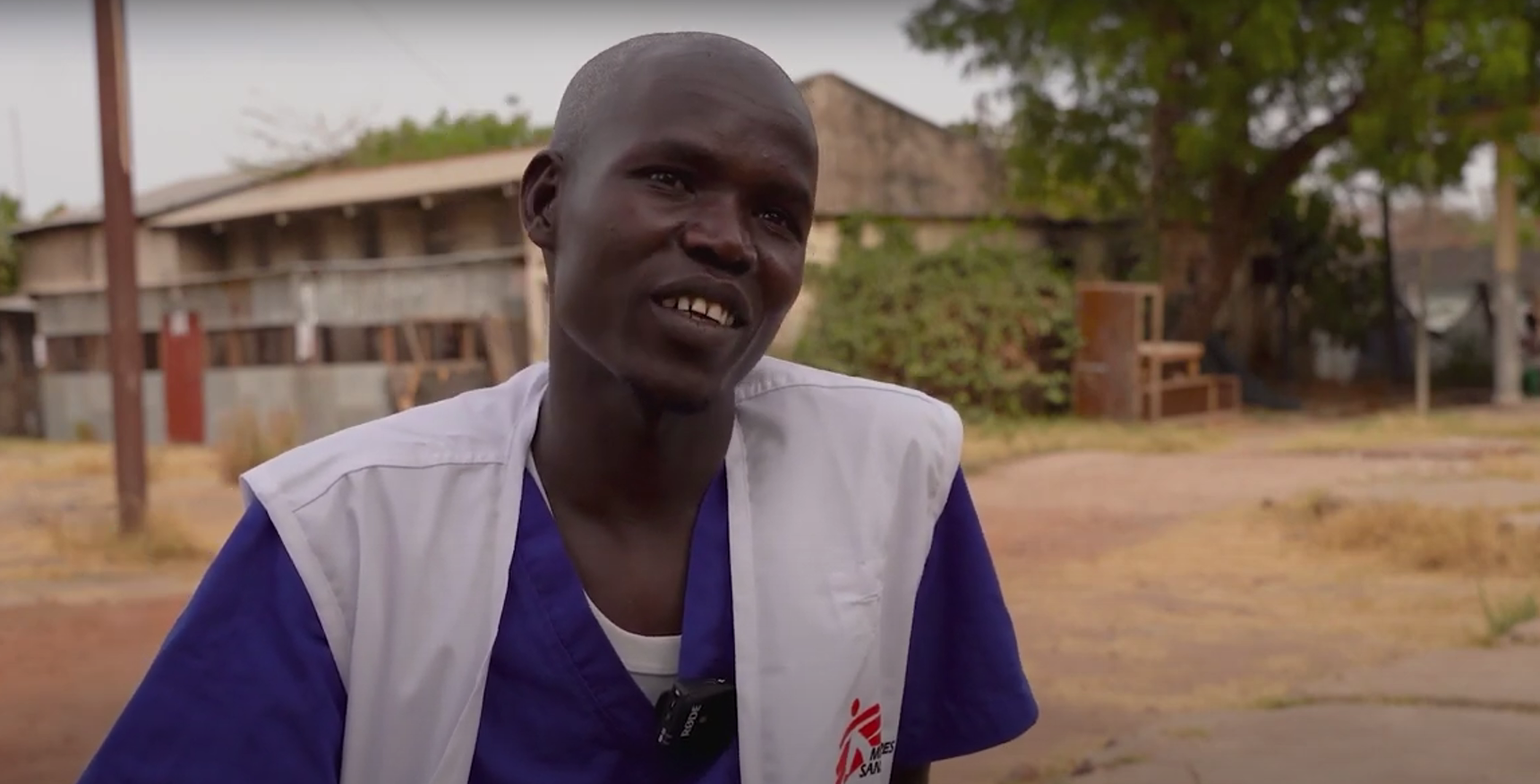Basic Clinical Nursing Care
This programme aims to cover the competencies required for basic clinical nursing care
The Basic Clinical Nursing Care (BCNC) programme is designed for any healthcare staff providing nursing care to patients in a hospital-setting.
It is organised into 41 units that are grouped into 5 competency-based modules covering the knowledge, skills, and attitudes for basic hospital nursing care. The units are structured around 85 skills that are mentored individually at the patient bedside.
 A learner is congratulated after receiving his BCNC certificate. ©Florence Miettaux
A learner is congratulated after receiving his BCNC certificate. ©Florence Miettaux
The BCNC programme
The programme is delivered by clinical mentors who facilitate didactic classroom sessions that include brainstorming, questions and answers, case studies, practice, group activities, learning games, visual aids, and simulations. The session plans are designed to build on pre-existing knowledge and skills of the learners. It normally takes around two years to complete the programme in a project.
The curriculum was validated by all MSF operations sections’ medical department.
This programme is currently being delivered in various hospitals in Central African Republic, Mali, South Sudan and Yemen, and it was fully implemented in Sierra Leone.
The Basic Clinical Nursing Care curriculum has been recognised as Continuous Professional Development programme by the Ministries of Health of Sierra Leone, South Sudan and Mali. This means that all learners who complete the programme receive a certificate issued jointly by the MSF Academy and the national authorities.
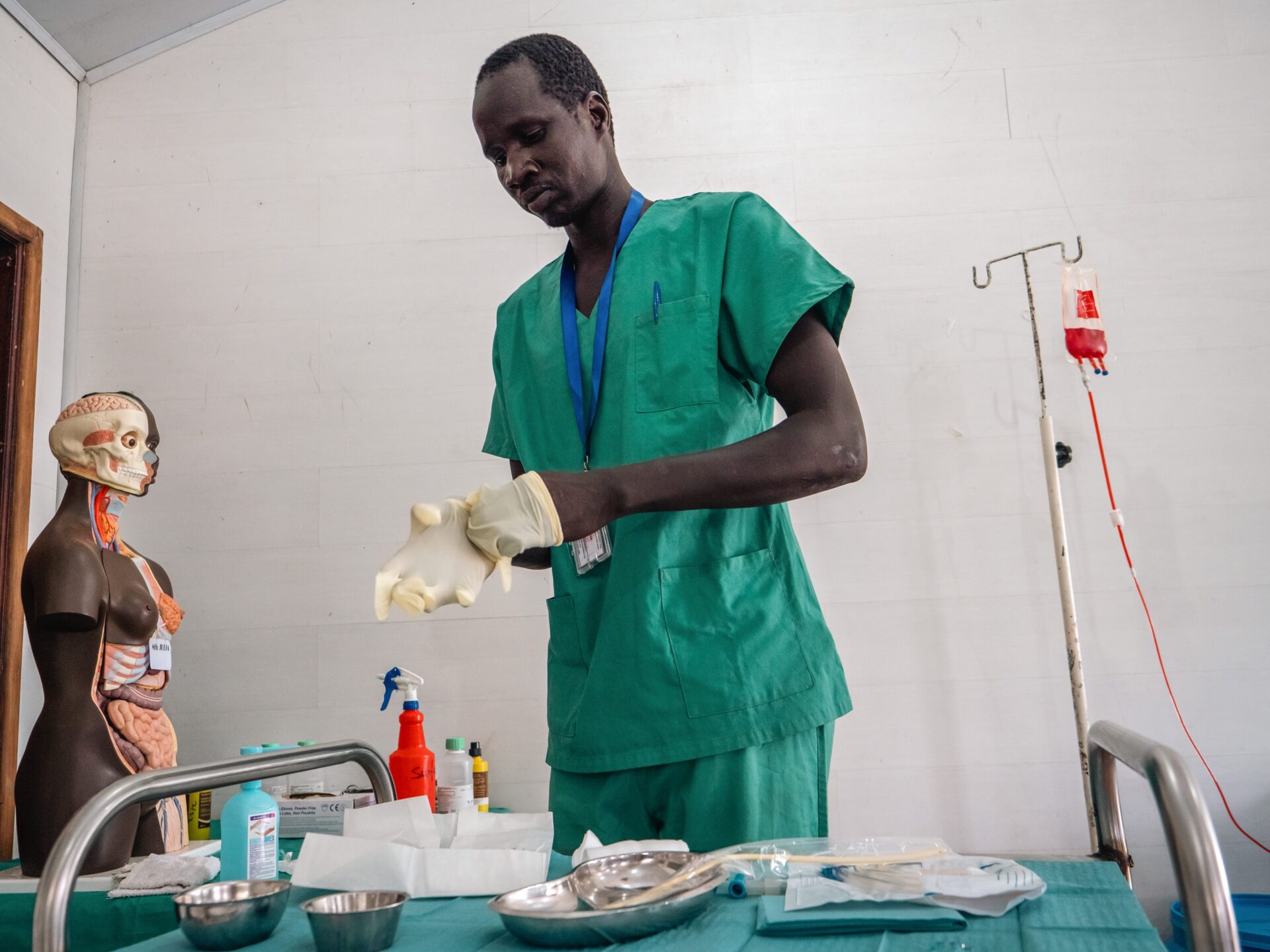 A learner prepares for a practice session at the skills lab. ©Florence Miettaux
A learner prepares for a practice session at the skills lab. ©Florence Miettaux
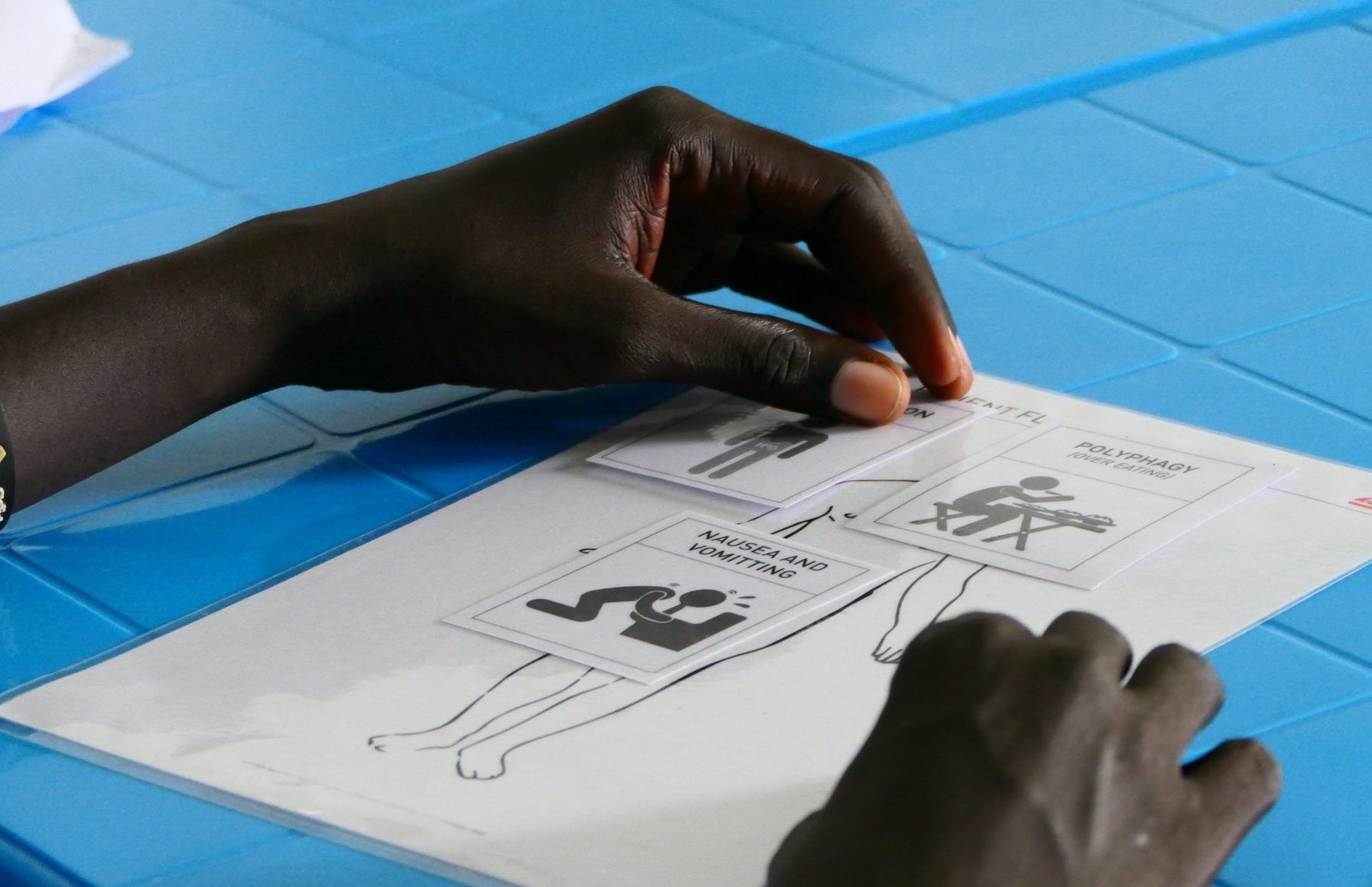 A learning activity in the MSF Academy classroom. ©MSF
A learning activity in the MSF Academy classroom. ©MSF
The BCNC curriculum
Module A: Complete assessment of a patient
Module B: Infection Prevention and Control
Module C: Nursing care to support human functions
Module D: Supporting the patient through diagnostic process
Module E: Supporting the patient through treatment
The BCNC curriculum has been fully finalised in English, French and Arabic.
In order to adapt to the context and learners’ needs, the curriculum is often adapted, contextualised or revised. Content revision can happen after gathering feedback from learners and clinical mentors in the various projects where the programme is implemented, or when new guidelines are published, to ensure it remains aligned with the latest evidence-based nursing protocols.
The BCNC curriculum has also been adapted to fit the learning needs of nurse-aides.
Systematic approach
A new systematic approach for the BCNC was developed and has been implemented in some projects. The units of the BCNC are reorganised into an approach that structures the patient assessment process to comprehensively cover different human systems. This enables learners to link knowledge and skills in a practical way, from the beginning, in their work.

e-learning: the eBCNC
The e-learning version of the BCNC is under development both in English and French, with some modules already finalised. It has started to be used in the field to palliate for missed learning sessions. When used for this purpose, the learner completes the e-unit and then has a face-to-face review with the clinical mentor. This proves to be of great help to clinical mentors when having to organise content catch-up for learners who missed sessions due to sick leaves or other reasons.

